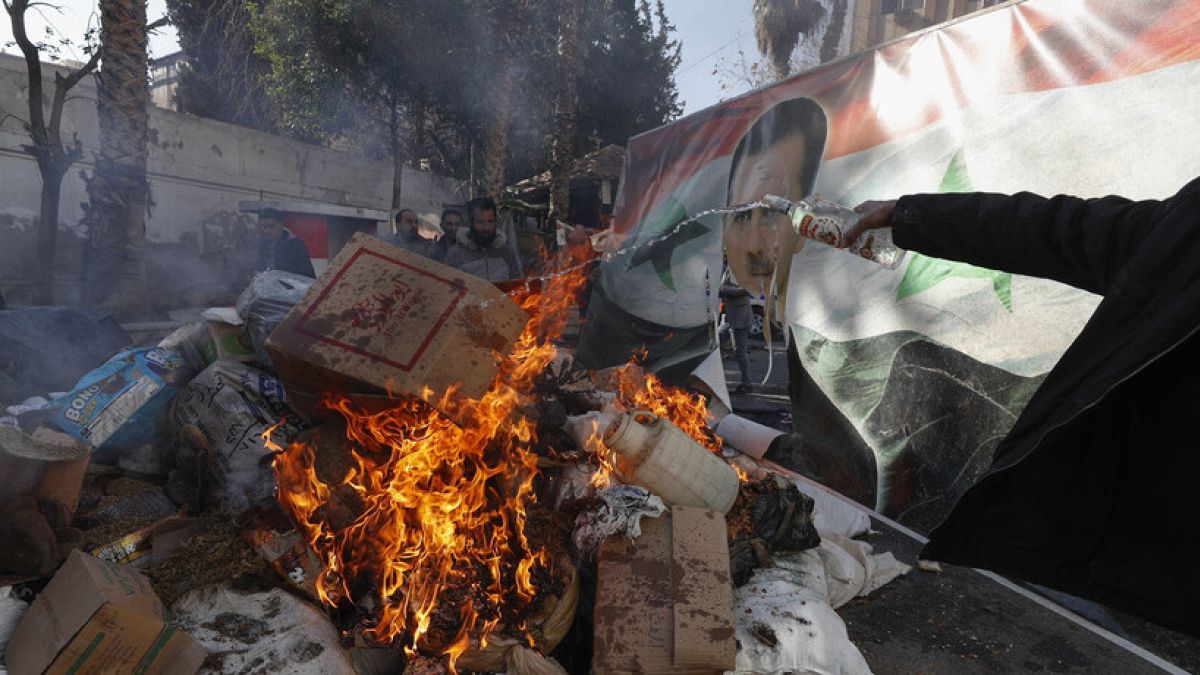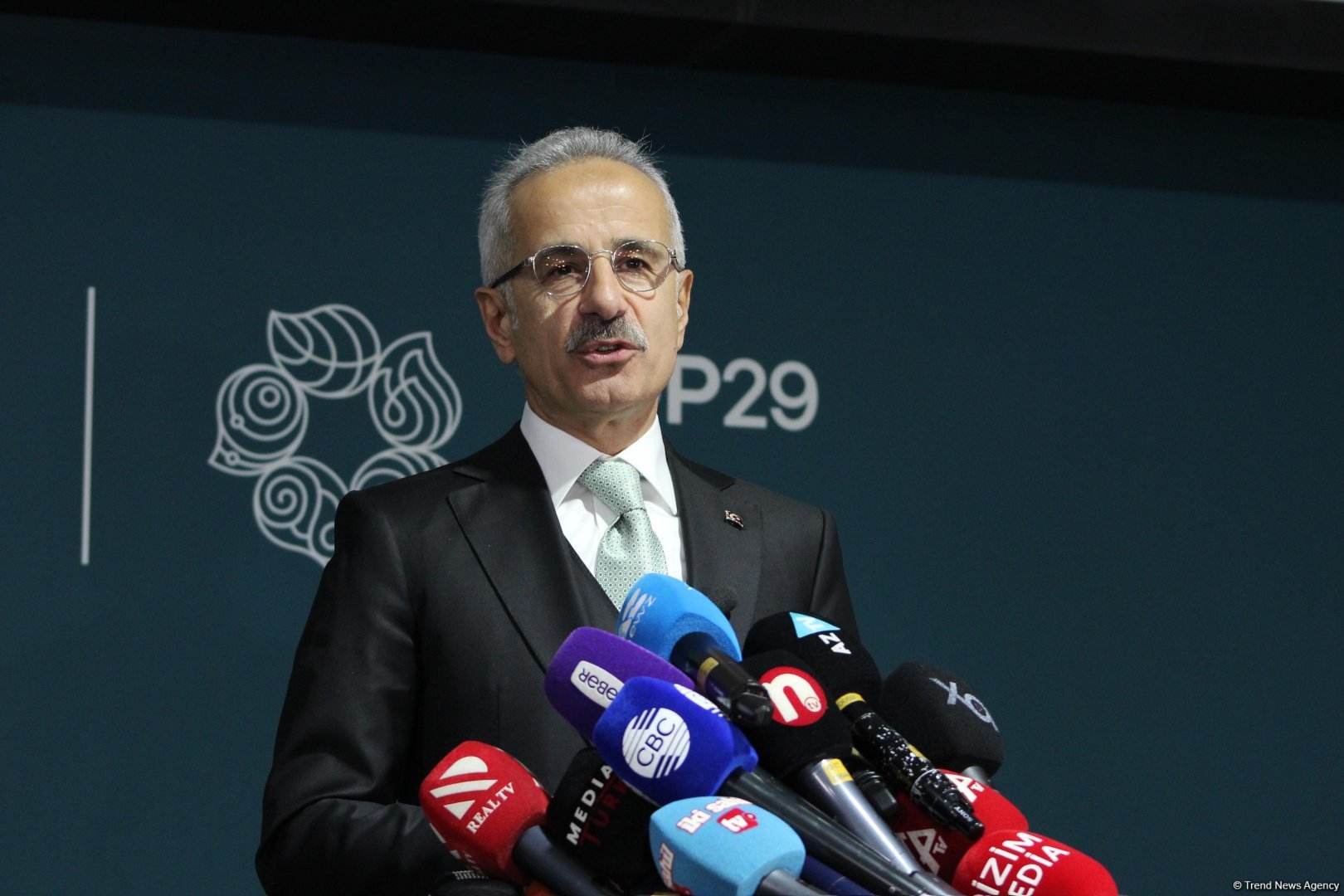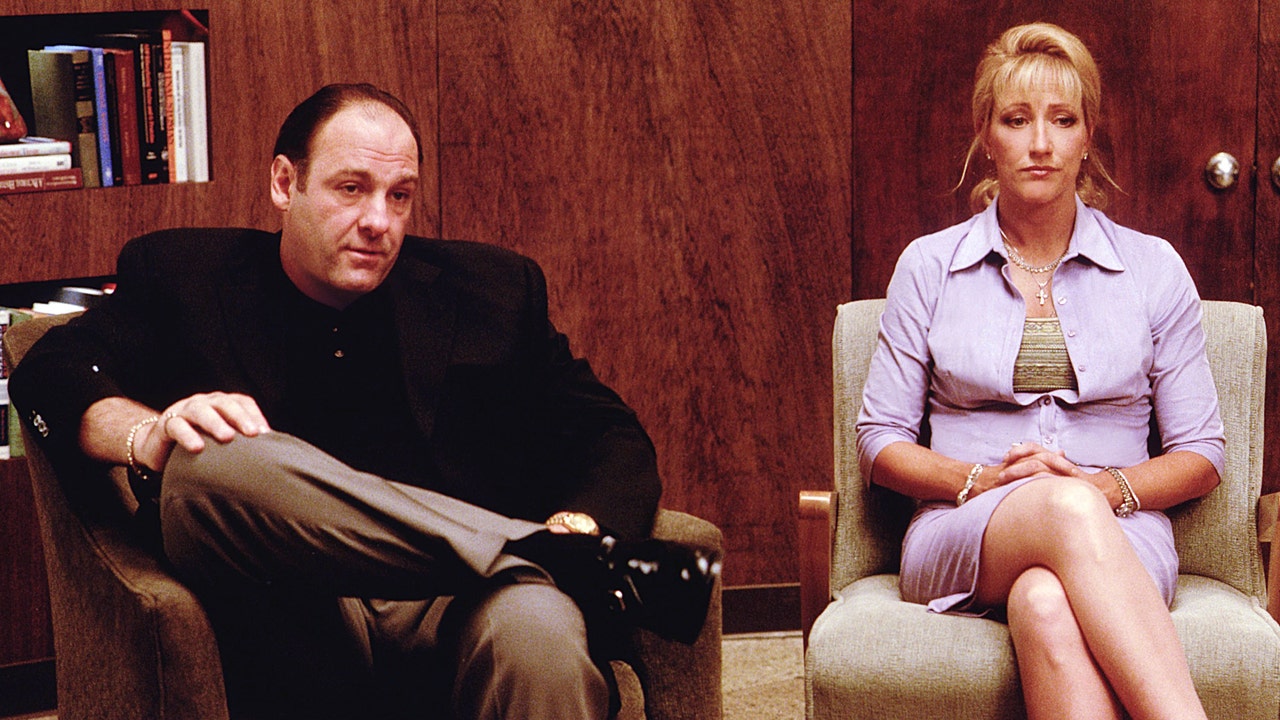Jamie Dettmer is opinion editor at POLITICO Europe.
When asked who he’d vote for on the eve of Italy’s snap parliamentary elections, Renzo Ramacciani, a retired builder in his seventies, slapped his hand on the kitchen table and said, “Meloni.”
Like many of his friends, until now he’s always voted for the Democratic Party (PD). So, why the change?
The party “no longer pays any attention to the little people, to the working people,” said Renzo. And in the towns and villages north of Rome, he isn’t an outlier.
Those living here have long been part of the country’s so-called “red belt,” formerly the most reliably left-leaning regions of central Italy. But the belt has been unbuckling.
In the last election, some older voters in north Lazio defected from the PD and backed the 5Star Movement, seeing it as a vehicle to lodge a protest vote. Matteo Salvini’s right-wing nationalist the League also saw a surge of support from younger voters, disgruntled by a lack of job prospects as well as a surge of migrants to the area — they erroneously equated the two.
This time around, though, Giorgia Meloni’s fledgling national-conservative Brothers of Italy was the big beneficiary of an election held as voters struggle with soaring inflation and wonder how they’re going to pay their energy bills.
Energy costs have rocketed, and restaurants and bars that managed to just about weather the pandemic are now being presented with monumental electricity and gas bills. A restaurant in the village of Celleno saw its average monthly energy bill shoot up from around €2,000 to just under €5,000. And some establishments have even taken to displaying their bills to explain why they’re charging customers more.
Founded only a decade ago and with roots in the Italian Social Movement (MSI) — which was formed by supporters of Benito Mussolini after World War II — Brothers of Italy’s neo-fascist roots haven’t put off Renzo or his friends in villages near Viterbo from voting for Meloni. They accept her claim that she is a conservative, not a fascist, and they’ve been ready to overlook her own youthful membership in the MSI — she joined the youth wing when she was 19 years old, to the horror of her left-wing Roman parents.
In the lead-up to the polls, several PD defectors I spoke to in north Lazio said they would take Meloni at face value, insisting they weren’t voting for her because of hot-button social issues like abortion or LGBTQ+ rights — this despite the fact that she campaigned on the slogan, “God, country and family,” and her party has been making it harder for women to access abortion services in neighboring Le Marche, where her party runs the regional government.
“The press paints her as some kind of second coming of Mussolini; I don’t believe that,” said Pietro, a 58-year-old shopkeeper in Bagnioregio. “They should give her a chance. Heaven knows we need something to change, we need more certainty, more stability,” he added.
Most say they voted for Meloni, or alliance partners the League and Forza Italia, because of empty wallets. In other words, it was “the economy, stupid.” So, if Meloni tears off in a radical direction once in office and pleases her hard-core supporters by fighting a culture war over reproductive and LGBTQ+ rights, her right-wing coalition risks forfeiting the new support they’ve garnered.
More than anything, however, these residents voted for Meloni because they’ve lost confidence in the established parties.
A sense of foreboding has been hanging over Italy’s mountainous heartland for years. In the central regions of Lazio, Umbria and Le Marche, mistrust of government has been rising. Many feel that successive governments have ignored them, and they’re frustrated at the lack of follow through on economic pledges.
Rome has paid more attention in the past two years, however, with Mario Draghi’s coalition government funding much needed road maintenance in central Italy and backing restoration work on long-neglected cultural monuments — an investment that was largely thanks to EU funds and the prospect of some €200 billion more to come in the form of grants and loans, aimed at improving Italy’s laggardly economic performance.
But these postcard-perfect regions of central Italy — with summer pastures of sunflowers and poppies, abundant vines, rows of ancient olive trees and medieval hilltop stone towns — have battled to offset a decline in commercial agriculture for years, desperately exploring ways to refashion themselves as tourist destinations and centers of artisanal trades and crafts.
But the 2008 financial crash sent a burgeoning regional tourism industry into a tailspin from which it was slowly recovering, only for the COVID-19 pandemic to strike.
The country has managed a strong economic bounce-back this year, growing at an annualized rate of just over 4 percent in the second quarter of 2022, but that isn’t going to make up for decades of lost ground — it doesn’t even make up for the 9 percent contraction in GDP in 2020, the deepest decline in the eurozone after Spain.
Economists blame Italy’s abysmal economic performance over the past quarter-century on high taxes, a rigid labor market, government overspending, burdensome regulation, a bloated bureaucracy and lack of competitiveness. For many locals in north Lazio, however, the blame rests with politicians, who residents accuse of corruption and cronyism. They lump elite Eurocrats in distant Brussels in their list of those responsible too.
While tourists might not see much to complain about in picturesque Lazio, over the last decade, Umbria and Le Marche have been torrid for the regions inhabitants, and those hardest hit are the young, competing for ever-diminishing job opportunities.
Most of them have no choice but to leave if they want to find lasting, well-paid work, while those who remain fatalistically boomerang from one short-term gig to another — often in retail, or in what remains of the hard-hit hospitality sector.
Many who stay dream of emigrating but remain because of family ties, a strong affinity with their home region or paralyzing lethargy and resignation. “I don’t see any future in Lazio. My thought is to move abroad, possibly to Spain,” 24-old Veronica Deiana told me recently. But she concedes she’s been saying that for a long time.
Despair has been simmering — and to the increasing advantage of populist and nationalist right-wing parties. The deep disaffection driving the national mood — real worry over the country’s economic prospects amid high youth unemployment and dysfunctional public services — is being channeled into anti-migrant fervor all too easily, adding to the toxicity and anxiety. And while the PD dismisses such worries of being “swamped” by migrants as xenophobia, the party’s response has done little to stop the hemorrhaging of their traditional voters in the red belt.
A fractured left has offered no persuasive countervailing vision to convince people like Anna-Maria, a 45-year-old housewife in the Umbrian town of Orvieto, who, on the eve of the polls, said she’d be breaking her habit of voting for the left.
“The Democratic Party has done nothing to end the migrant invasion …These migrants are not us. We don’t have enough money for ourselves, and our kids can’t get jobs. Enough is enough.”




















Discussion about this post